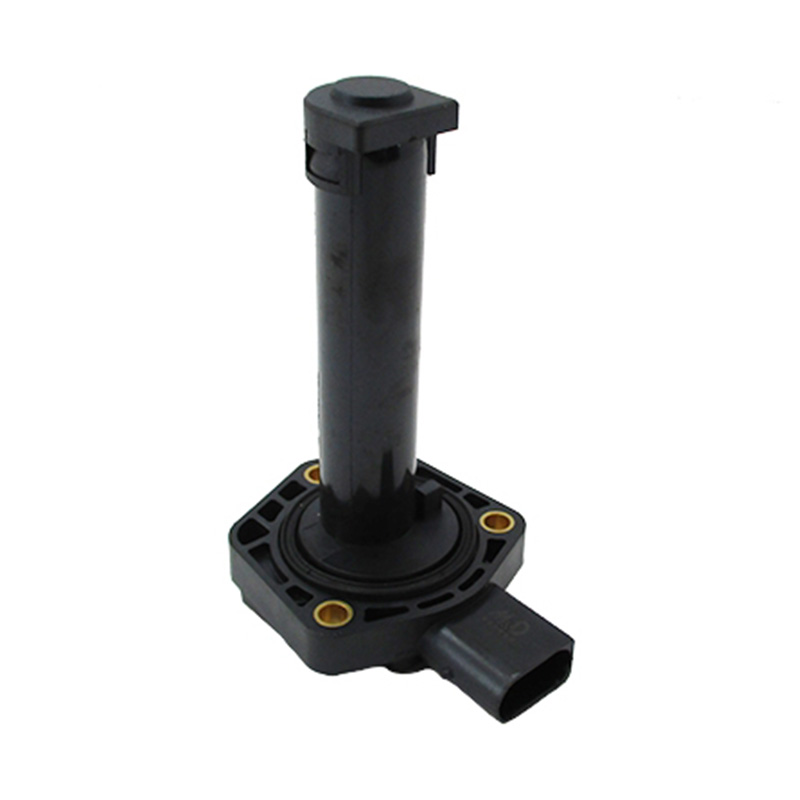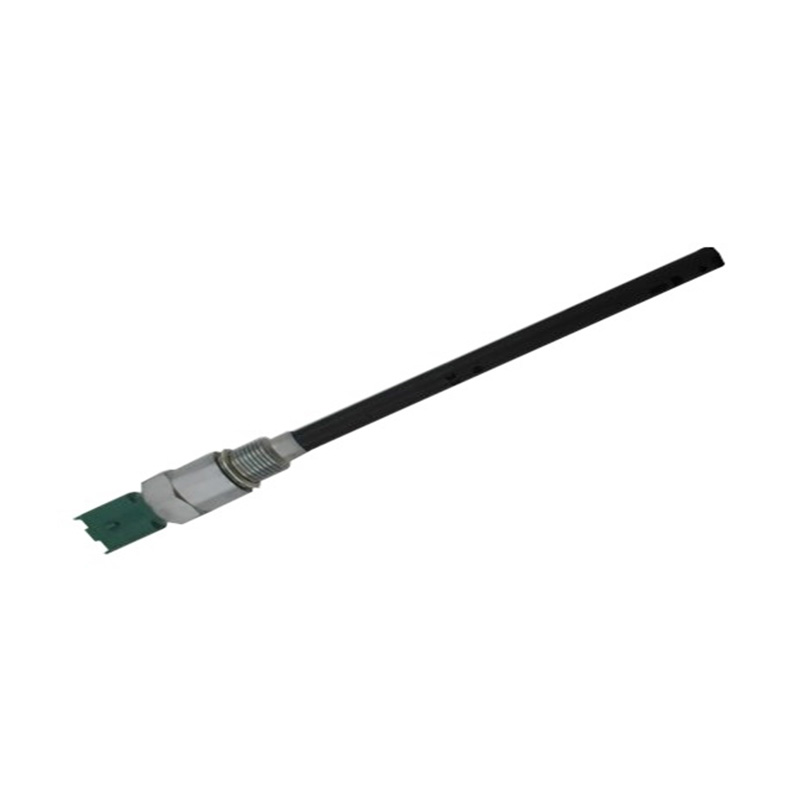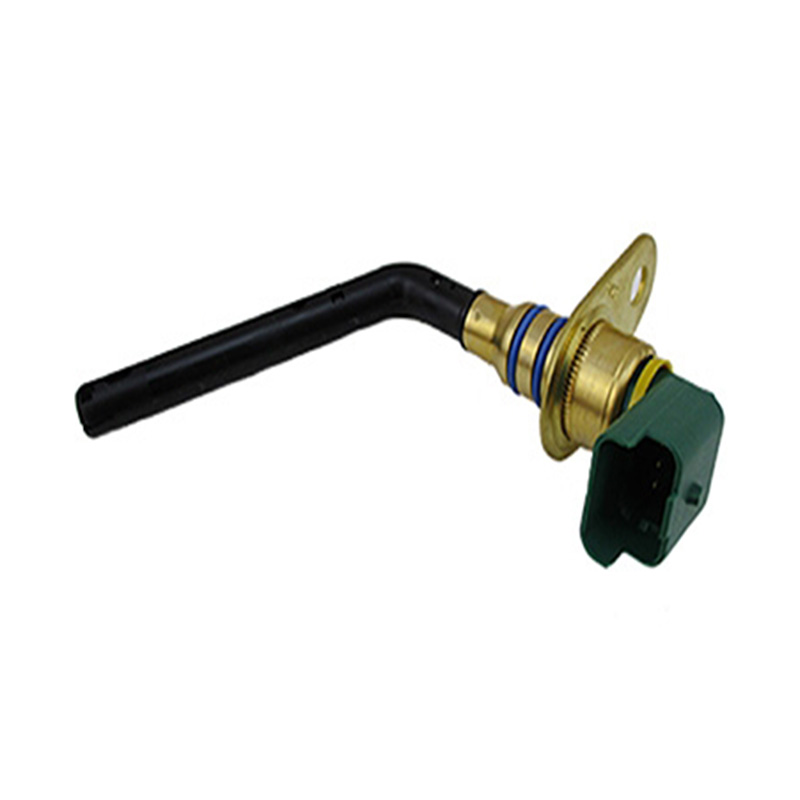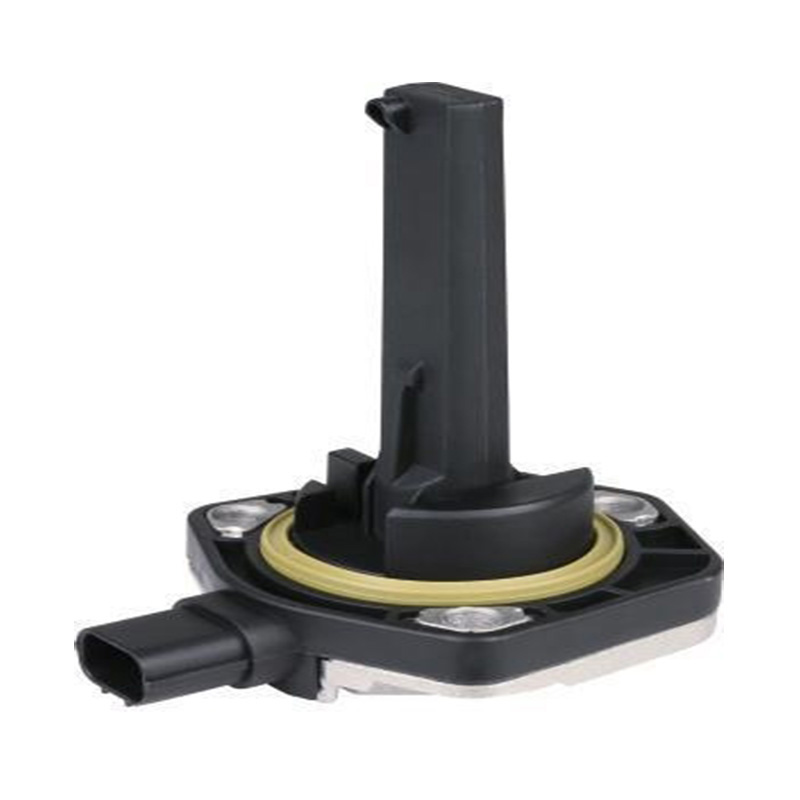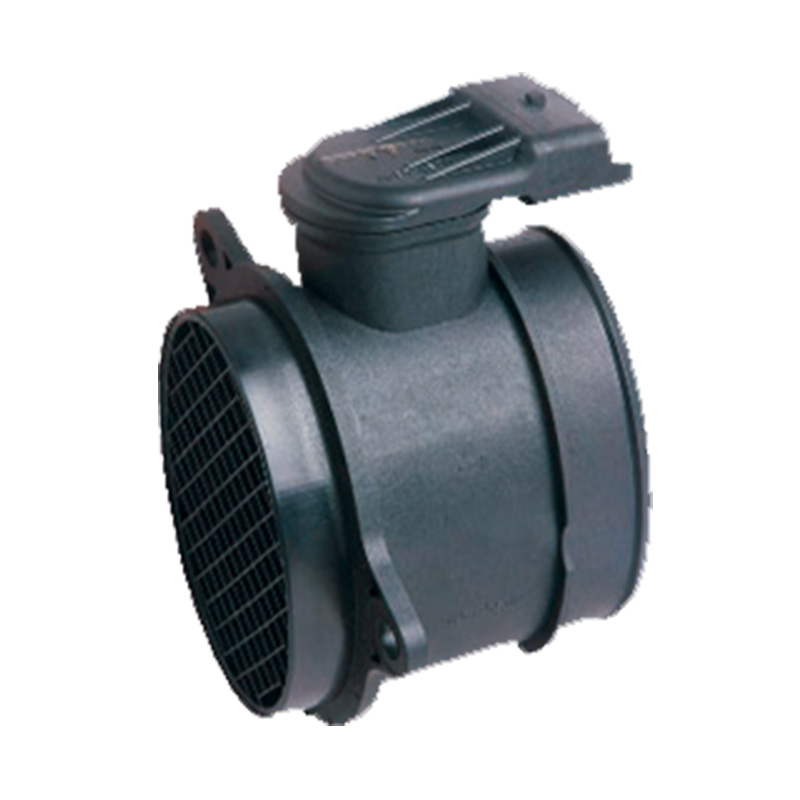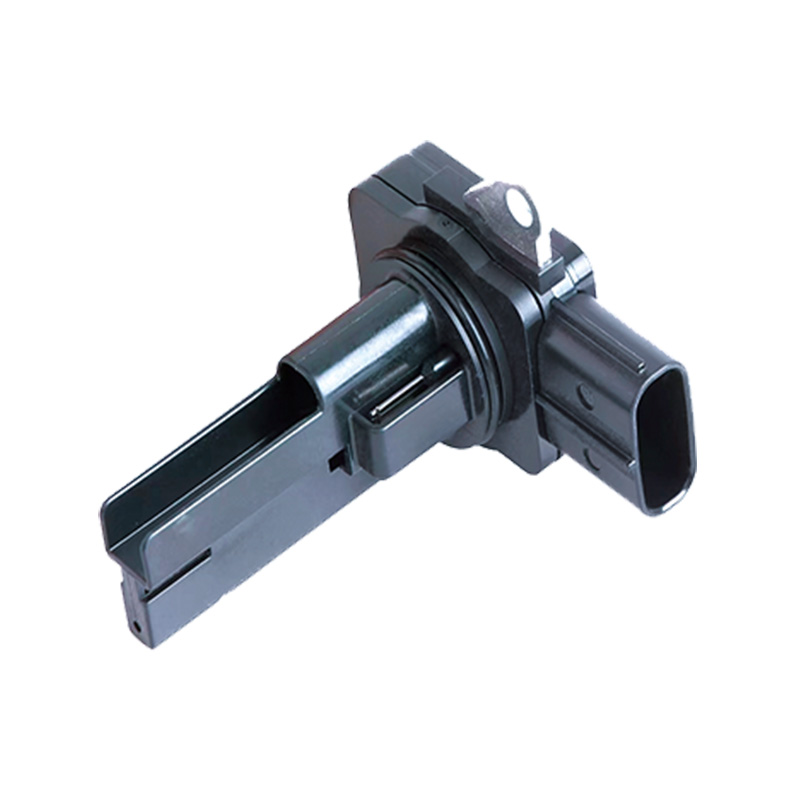OEM.NO:12610148464. 12610400034. 1261041243012610422012. 126...
See DetailsUnderstanding the Role of the BMW Air Flow Sensor in Engine Performance
The engine is the heart of any vehicle, and its performance depends on a variety of components working in harmony. One such crucial part is the air flow sensor, which plays a vital role in managing the engine's air intake. For vehicles like those produced by BMW, the BMW air flow sensor is essential for ensuring good engine performance. This article explores the function of the Custom BMW air flow sensor and its influence on engine efficiency, fuel economy, and overall vehicle performance.
The mass air flow (MAF) sensor measures the amount of air entering the engine. This data is then sent to the vehicle’s engine control unit (ECU), which uses it to calculate the correct air-to-fuel ratio needed for efficient combustion. Proper combustion is essential for achieving the desired engine performance, and the air flow sensor plays a crucial role in maintaining this balance.
There are two main types of air flow sensors commonly found in vehicles: hot-wire and vane-type sensors. The BMW air flow sensor typically uses the hot-wire method, where a thin wire is heated and exposed to the incoming air. As the air passes over the wire, it cools down, and the sensor measures this change in temperature to calculate the air volume. Accurate measurements from the BMW air flow sensor help the engine maintain good performance under various driving conditions.
The BMW air flow sensor has a direct impact on engine performance. Since it measures the amount of air entering the engine, it helps ensure that the fuel injectors provide the right amount of fuel for combustion. If the air flow sensor malfunctions or provides inaccurate readings, the ECU may not be able to adjust the fuel injection system correctly, resulting in issues such as poor acceleration, rough idling, or engine misfires.
A properly functioning airflow sensor ensures that the engine gets the right mix of air and fuel, optimizing power output and engine efficiency. When the right air-to-fuel ratio is maintained, the engine performs smoothly, producing power more effectively and consuming fuel more efficiently. As a result, the vehicle runs more efficiently, which contributes to better overall engine performance and reduced emissions.
One of the key benefits of a functioning airflow sensor is its positive impact on fuel economy. The air-to-fuel ratio is critical for maintaining efficient fuel combustion. If the BMW airflow sensor detects too much air entering the engine, the ECU compensates by adding more fuel, potentially resulting in excessive fuel consumption. Conversely, if it detects too little air, the engine may run too lean, affecting its overall efficiency and performance.
Another crucial aspect of the Cheap Mass Air Fuel Sensor is its role in controlling vehicle emissions. Modern vehicles, including those produced by BMW, are equipped with sophisticated emission control systems designed to reduce harmful pollutants released into the atmosphere. The BMW air flow sensor is integral to this system, as it helps ensure that the engine runs at the proper air-to-fuel ratio.
If the sensor is not functioning correctly, the engine may not burn fuel as efficiently, resulting in higher emissions and potentially failing emissions tests. By ensuring accurate air flow measurements, the BMW air flow sensor helps maintain cleaner exhaust emissions, contributing to a more environmentally friendly vehicle.
Over time, the BMW air flow sensor can experience wear and tear, especially if it is exposed to dust, dirt, or oil. Common symptoms of a failing air flow sensor include rough idling, poor acceleration, and reduced fuel efficiency. In some cases, a malfunctioning sensor may also trigger the vehicle’s check engine light. If these issues occur, it is important to have the sensor inspected and replaced, if necessary, to avoid further engine performance problems.
Regular maintenance and cleaning of the airflow sensor can help prolong its life. However, if the sensor is damaged or becomes too contaminated, replacing the BMW air flow sensor is often the solution to restore engine performance and efficiency.
The Master Air Flow Price is a critical component in managing engine performance, fuel efficiency, and emissions. Accurately measuring the amount of air entering the engine allows the ECU to adjust the fuel injection system, ensuring that the engine operates at ideal efficiency. This not only enhances performance but also improves fuel economy and reduces harmful emissions.
